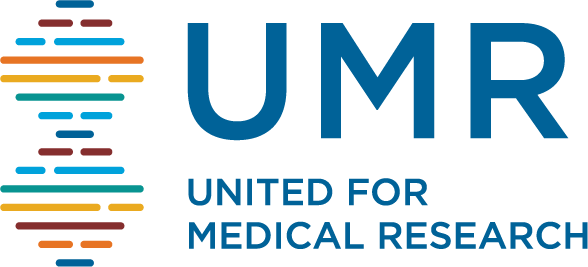No evidence so far indicates that food or drinks can transmit the virus that causes COVID-19, but new research at Washington University School of Medicine in St. Louis suggests that people with problems in the upper gastrointestinal (GI) tract may be vulnerable to infection after swallowing the virus. Studying tissue from patients with a common disorder called Barrett’s esophagus, the researchers found that although cells in a healthy esophagus cannot bind to the SARS-CoV-2 virus, esophageal cells from patients with Barrett’s have receptors for the virus, and those cells can bind to and become infected by the virus that causes COVID-19.
